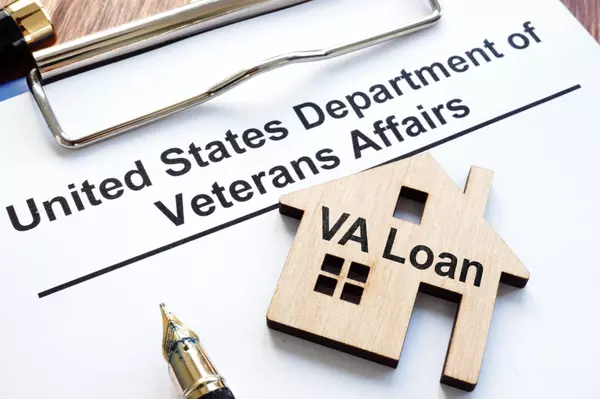The VA Loan Process for Military Living in Omaha Nebraska

If you're stationed in Omaha, NE, and are considering purchasing a home, you might be interested in using your VA loan benefits. I will be providing a basic overview to help your understanding of VA loan benefits, specifically tailored to those stationed in Omaha. We'll explore what a VA loan is, i
Read MoreMoving to Omaha: The Ultimate Relocation Guide

The peak moving season is upon us, and if you're one of the millions of Americans yearning for a change, this relocation guide is tailored to help you settle into Omaha with ease. While moving can feel overwhelming and stressful, we’ve outlined a comprehensive plan to make your move to Omaha a posit
Read MoreAvoid These 7 Common Homebuying Mistakes as a Military Member

Purchasing a home is a significant milestone for many, but for military members, the process involves unique challenges and considerations. Whether you're buying your first home or moving due to a new Permanent Change of Station (PCS) order, it's essential to navigate the process with as much inform
Read More
Categories
Recent Posts












